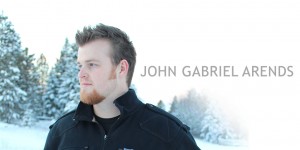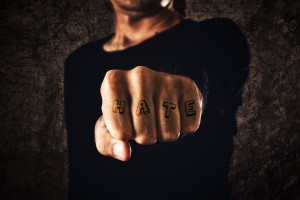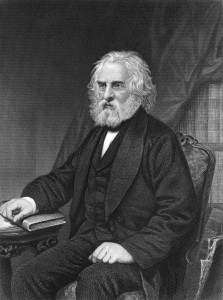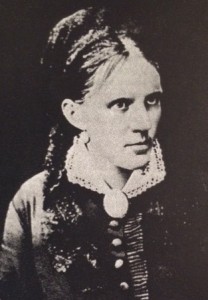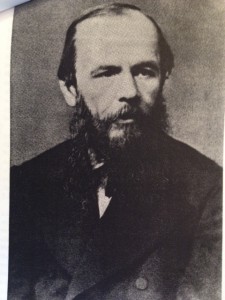Wisdom is often about discovering distinctions.
Many of you liked my post on the distinction between discernment and judgment toward others, and the difference between puzzles and mysteries in regard to God. If you missed it, read here.
So this holiday season, I came across another distinction. Let me explain.
It started when I received a YouTube link from musical artist John Gabriel Arends, performing a not-so-known Christmas carol, “I Heard The Bells.” Hear his version here.
For starters, this song is disarmingly honest. That’s saying something in a Christian culture that says we should be inside-outside-upright-downright happy all the time.
Note the third verse…
I heard the bells on Christmas day, their old familiar carols play,
And wild and sweet the words repeat of peace on earth, good will to men.
I thought how, as the day had come, the belfries of all Christendom
Had rolled along the unbroken song of peace on earth, good will to men.
And in despair I bowed my head: “There is no peace on earth,” I said, “
“For hate is strong and mocks the song of peace on earth, good will to men.”
Then pealed the bells more loud and deep: “God is not dead, nor doth He sleep.
The wrong shall fail, the right prevail, with peace on earth, good will to men.”
Till, ringing singing, on its way, the world revolved from night to day,
A voice, a chime, a chant sublime, of peace on earth, good will to men!
Secondly, consider the context of the writer. Arends said, “I love this song because I believe it brings hope in the day we are living. The original words of this Christmas carol were penned on Christmas Eve 1863 during the Civil War in the United States by Henry Wadsworth Longfellow, when he received the news that his son had been severely wounded in battle. On the heels of 40,000 lives being lost in the Battle of Gettysburg, Longfellow grappled with darkness around him.”
Understanding context profoundly alters meaning and impact.
What deep reserves of faith did Longfellow draw from in order to write this song?
And finally, upon rereading the lyrics, I discovered I’d been singing it wrong my whole life!Continue reading

